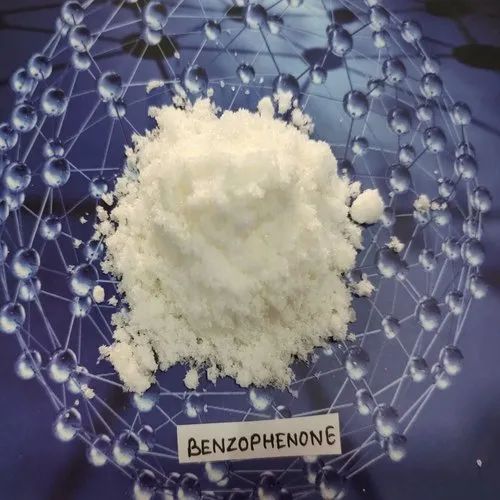Sunscreens, Coral Reefs, and Conscious Choices: Protecting Marine Life One Drop at a Time
Introduction
On sun-soaked coastlines around the world, sunscreen is an essential companion. It shields our skin from harmful ultraviolet (UV) rays and reduces the risk of skin cancer. But what many beachgoers don't realize is that some of the very ingredients protecting us can harm marine ecosystems—particularly coral reefs, often called the rainforests of the sea.
As environmental awareness grows, so does the need to make informed choices—choices that protect both our health and the heritage of our oceans. This is especially relevant for Africa’s beautiful coastlines and marine biodiversity, which are increasingly under threat from human activity and climate change.
The Problem with Oxybenzone and Benzophenones
Chemical sunscreens often contain oxybenzone and related benzophenone compounds that absorb UV light. While effective on land, these chemicals become dangerous once they wash off into the sea. Studies have shown that even trace amounts of oxybenzone can:
- Induce coral bleaching, even at extremely low concentrations.
- Damage coral DNA, impairing their ability to grow and reproduce.
- Disrupt the development of juvenile coral, essential to reef regeneration.
These effects are not just theoretical. Coastal areas with heavy tourism see elevated concentrations of these compounds in surrounding waters—posing a real and present danger to marine habitats.
Bioaccumulation: A Threat Beyond the Reefs
The impact of these chemicals doesn’t stop at coral. Benzophenones persist in aquatic environments and can bioaccumulate in marine organisms, such as fish, shellfish, and plankton. This accumulation may disrupt hormonal systems, hinder reproduction, and harm neurological development in these creatures.
Ultimately, these effects ripple through the food chain, affecting not only marine biodiversity but also the communities that depend on fishing for their livelihoods—a reality for many coastal regions across Africa.
A Global Wake-Up Call: Sunscreen Bans and Regulations
Recognizing the threat, several governments and regions have taken bold action:
- Hawaii was one of the first to ban sunscreens containing oxybenzone and octinoxate, effective January 2021.
- Palau, a Pacific island nation, passed even stricter laws, banning several reef-harming chemicals.
- Aruba, Key West (Florida), and parts of the Caribbean have followed suit.
These bans are driven by the need to protect coral reefs, which not only support marine life but also help prevent coastal erosion and attract eco-tourism.
Reef-Safe Alternatives: What to Look For
Fortunately, there are effective and environmentally responsible alternatives available. These are known as mineral sunscreens, which use zinc oxide or titanium dioxide to physically block UV rays. Look for:
- Non-nano particles (larger than 100 nanometers), which are less likely to be ingested by marine organisms.
- Fragrance-free and biodegradable formulations.
- Packaging that clearly states "reef-safe" or "ocean-friendly."
These sunscreens offer excellent UV protection and are ideal for both sensitive skin and sensitive ecosystems.
Why This Matters for Africa and Beyond
Africa's coastlines—from the coral-rich shores of Kenya and Tanzania to the biodiversity hotspots in South Africa and Madagascar—host delicate marine environments that must be protected. Coral reefs are not only a natural heritage but also support local economies and traditional fishing cultures.
As African nations work toward sustainable development and climate resilience, promoting reef-safe sunscreen use is a small but meaningful step in preserving our marine heritage.
Final Thoughts: Small Choices, Big Impact
Every time we swim with chemical sunscreen on, we risk harming the very oceans we love. By choosing reef-safe sunscreens, we take part in a global effort to protect marine biodiversity—one beach day at a time.
Let’s discover a better way to protect both our skin and our planet.





